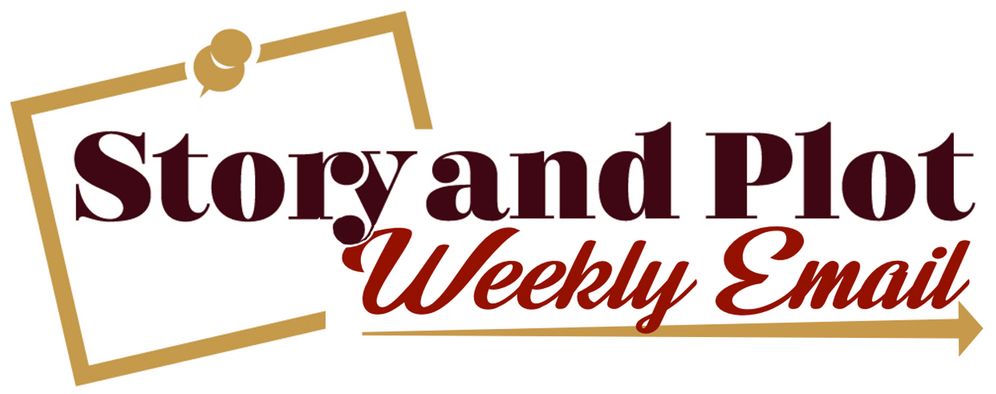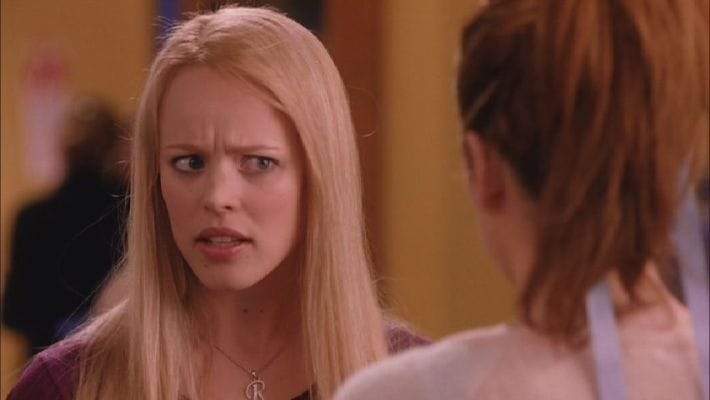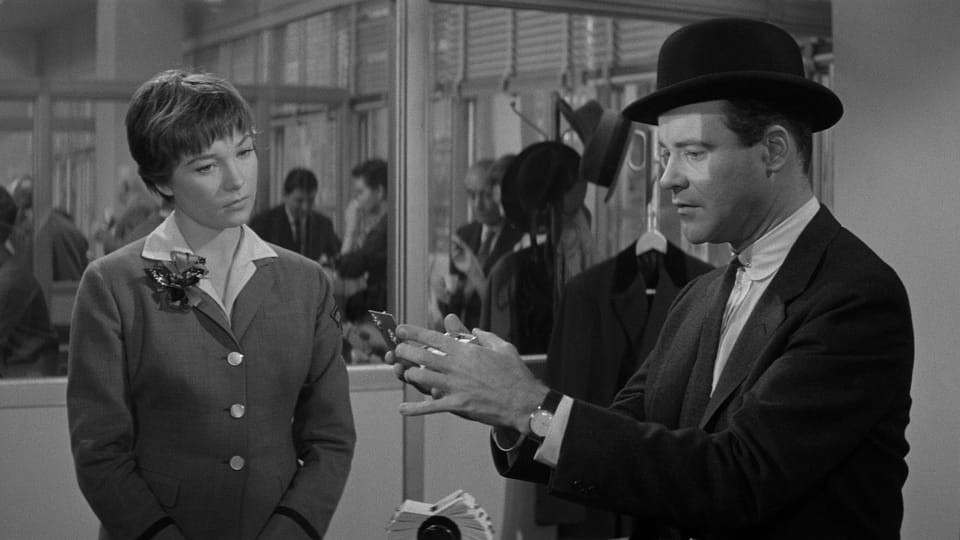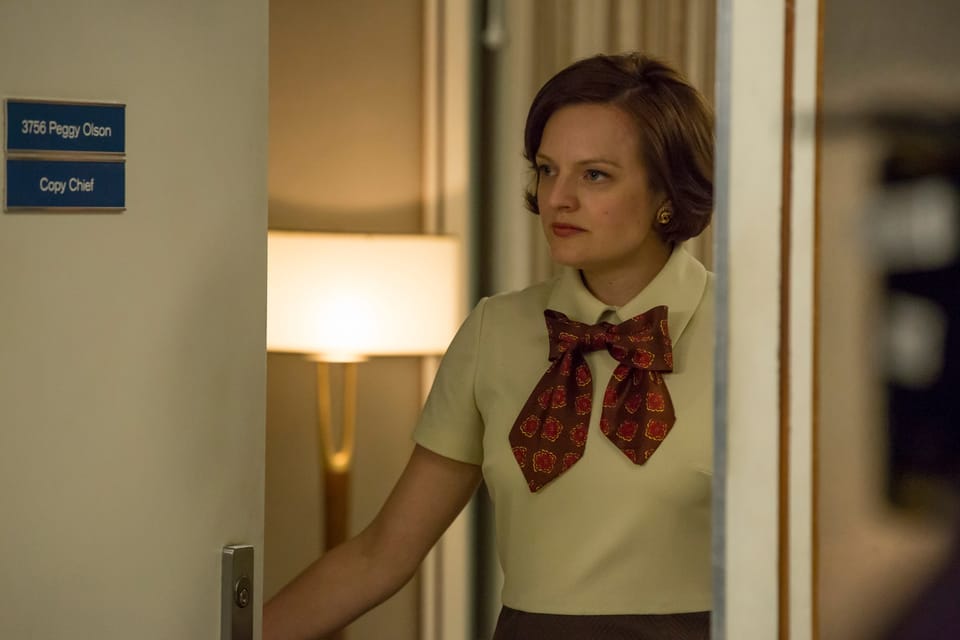The New Mission of the Screenwriter
Our job is this: To create the emotional experience of watching the movie on the screen.
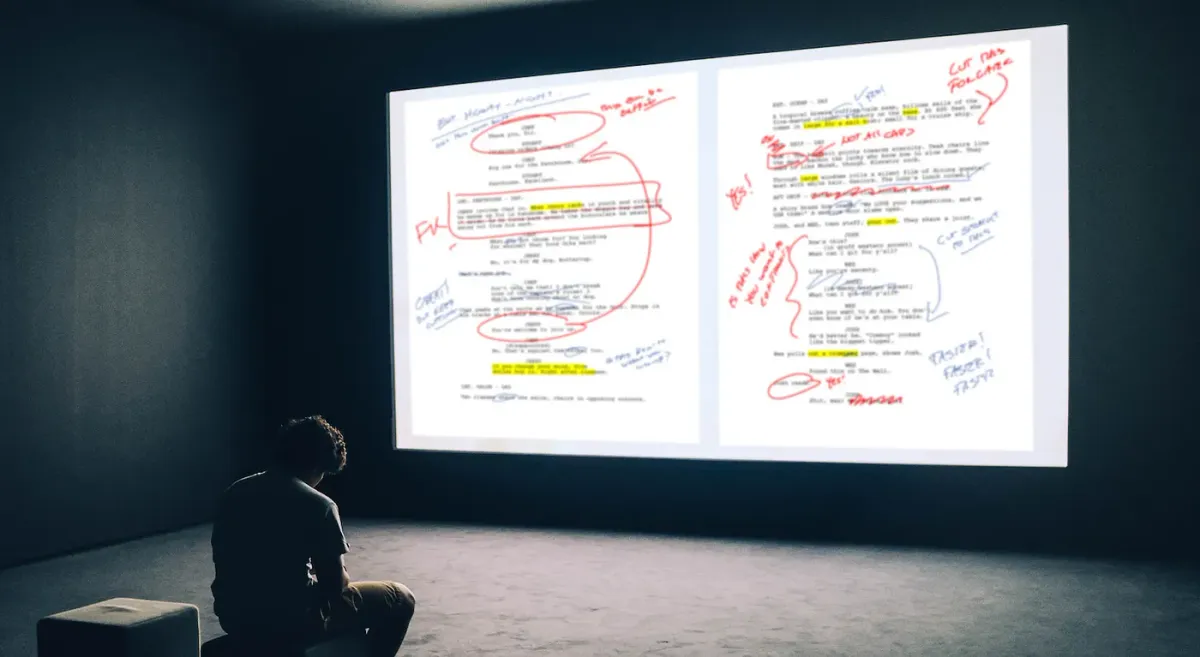
The Story and Plot Weekly Email is published every Tuesday morning. Don't miss another one.
The primary mission of the screenwriter has changed.
It is no longer to create a blueprint for production. It’s true that some A-list writers have this luxury, and TV writers certainly do, as their scripts are always production drafts. But those of us who make our living writing on spec or convincing the people that hired us (or actors or directors, for that matter) that this script will make a great film have an entirely different job description.
Our job is this:
To create the emotional experience of watching the movie on the screen.
This is not an issue of semantics. It is an entirely different philosophy of what you choose to put on the page.
If I was forced to pick a favorite writer it would probably be Billy Wilder. Wilder would not let anyone read his script who did not need to read it. “It is not meant to be read,” he explained, “It is meant to be seen!”
He wasn’t kidding. A Billy Wilder script is not a fun read. But he did not write the script to convince people it would be a good movie. He wrote it so everyone would know what their job was when they filmed it! Wilder didn’t have a long line of less-than-competent readers to wade through before getting to the head of the studio. He wrote the script and then he went off and he made it.
This is not true for a new writer.
The unproven writer will likely have some college intern read their script. Maybe they’ll get lucky and have a professional reader write the coverage. Either way the writer is at the mercy of the reader. What kind of culture is this reader working under? What are the punishments and rewards for recommending scripts? What kind of mood is the reader in when they read it? Are they thankful they have the job, or do they resent it because they would really rather be doing something else? Do they even know how to read a script?
Let’s say they like it. Great! They move it up the chain. But now we have all those same questions and more about the entry-level development executive who was just promoted from assistant.
And this goes on and on until maybe it gets to someone who can actually make a decision.
It’s a mess.
This is the main reason why I am not such a fan of new students reading exclusively the scripts of long-established writers. Those writers work under different conditions than the up-and-coming writer does. They simply have different burdens of proof.
I remember working with my first producer and I turned in a draft inspired by the writing style of William Goldman! The producer told me to take all those affectations out. I complained, “But that’s what William Goldman does.”
“Great.” He said, “When you’re William Goldman you can put them back in.”
Established writers tend to overwrite — an indulgence not allowed by the aspiring writer trying to break in. I usually refer to the Blaise Pascal quote made famous by Mark Twain, “I would have written a shorter letter, but I didn’t have time.”
Along with the classics, new writers need to also read spec scripts written by less established writers that actually sold. This will show them a combination of what makes movies great, and what makes movies sell.
The new writer needs to convince the reader that this is going to make a great movie. To do this, the reader needs to feel like they just experienced it.
So what does it mean to “To create the emotional experience of watching the movie on the screen”?
It means we want to create the atmosphere, mood, and pacing of watching the film in a dark theatre.
We don’t want them reading details. We want them seeing the film.
Anything that reminds the reader they’re reading a script is taboo. We need to engage them, suck them in. We want them to enjoy the script for the pleasure of the script itself.
Most of all, we want to evoke emotion.
When they get done reading your script you want the reader feeling like they’ve seen the movie and it was damn good.
Cinema is an emotional experience. Reading the script should be too. We don’t want it to feel like a business proposal, or instructions to the production designer.
We want an emotional reaction, not an intellectual one.
How do we go about this? How do we get this done? Well, that’s part two. And that’s for another time…
The Story and Plot Weekly Email is published every Tuesday morning. Don't miss another one.
When you're ready, these are ways I can help you:
WORK WITH ME 1:1
1-on-1 Coaching | Screenplay Consultation
TAKE A COURSE
Mastering Structure | Idea To Outline
